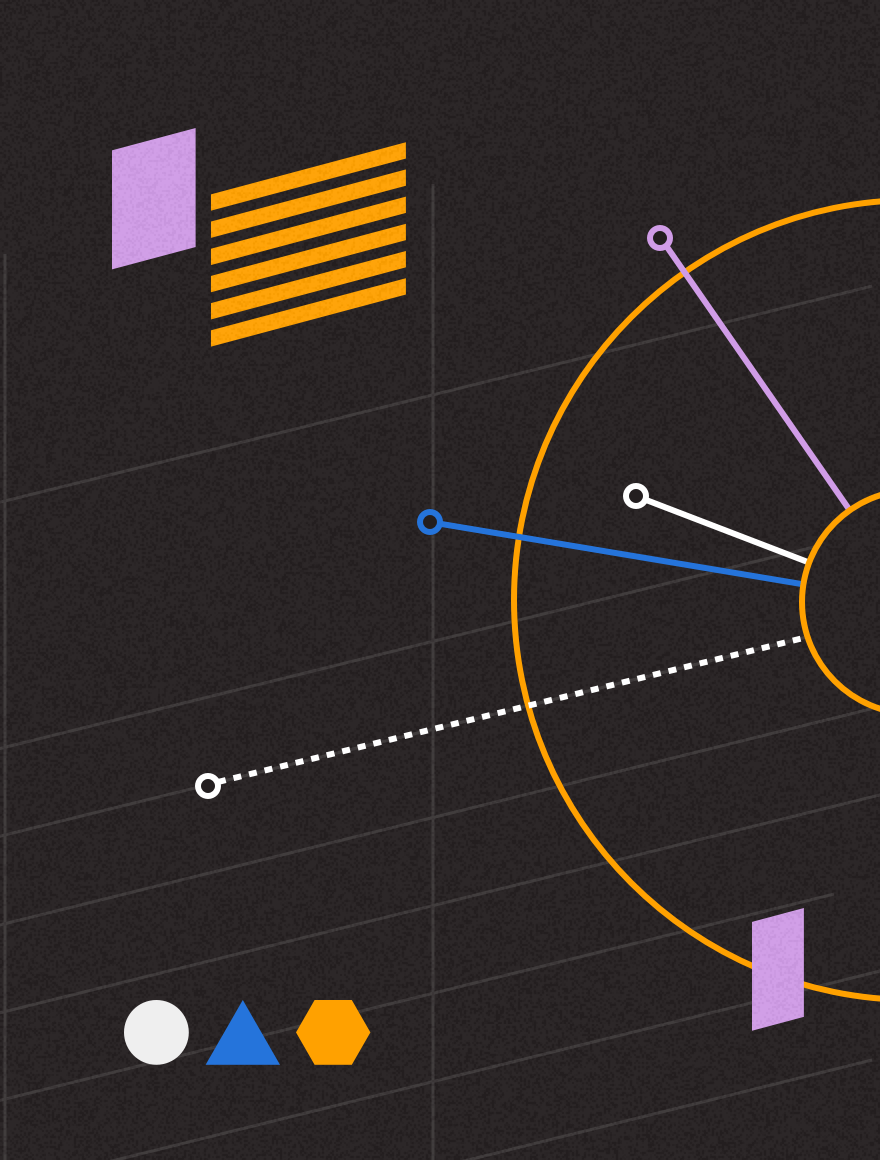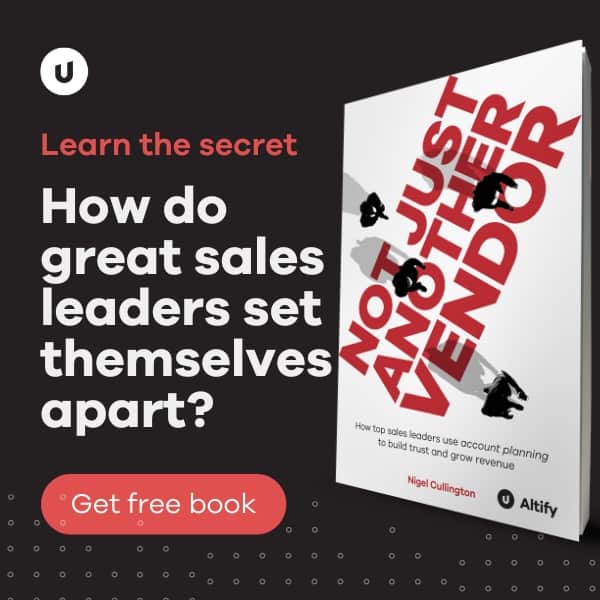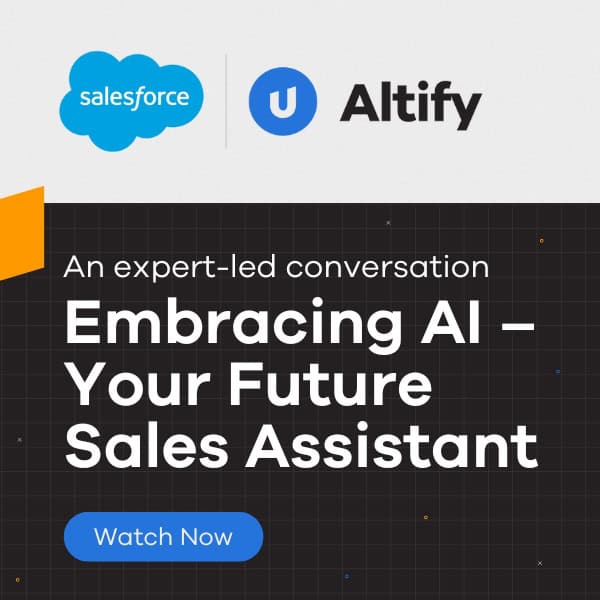We are all different. We all have different tastes, wants, and needs. The mass customization we see taking place all around us is a testament to that. Each one of us can decide how we order our coffee at Starbucks, what apps we use on our iPhones, how we set our music preferences, what privacy settings we apply on Facebook (no oxymoron intended), who we choose to follow on Twitter, or even what color we want in our pack of M&Ms.
For the most part, these are all consumer-based examples. But while all consumers are not our customers, all of our customers are consumers. History tells us that consumer behavior is always a predictor of B2B behavior. Personalization demands are extreme – with few exceptions.
So, why do so many marketing consultants and practitioners espouse standard Value Propositions and ‘Sales-Ready Messaging‘ ? Such messaging, born in market segmentation sessions, or focus groups, is anything but sales-ready. Bereft of individualization, this cookie-cutter approach reduces the salesperson’s role to that of a carrier pigeon, delivering the message, but not creating any value for the individual customer.
For the information-starved customer, information delivery once had its place – but that time is long gone. When customers evolved to adopt the sophisticated, informed, and discerning profile that they have today, this approach stopped working. In fact, suppliers who adopted the Credo of the Sales-Ready Messaging wallow in a misguided comfort that their marketing collateral and sales documents are on message and so their work is done.
But the customer has moved on, and has evolved into a multitude of sub-species, each requiring different care and feeding. Suppliers now need to focus on customers individually and understand that the value they can provide is directly proportional to the specificity of the Unique Business Value that we can bring to them. Simply put, how can our solutions tackle their specific problem? Anything else is an extreme disservice.
These days, our customers have access to all of the information they need. There is little value that we can provide by just being conduits of information. Applying information in the context of the customer’s challenge, and appropriate to the nature of your interaction with them is the essence of long-term customer relationships, and a successful relationship strategy.
That’s All Good – but How Do I Do It?
In truth, implementing this into your relationship strategy isn’t easy, and it’s even harder to scale. Unfortunately, today’s generation of CRM systems do nothing to help. The information they collect rarely helps us infer the intelligent outcomes and actions we need.
It’s time to get smarter. The individual nature of our demands necessitates a more thoughtful approach from the salesperson. Much of this can be achieved with intelligent automation. For instance, predictive systems are getting better at this in the consumer and B2B world.
In a B2B sales world, what would it be like if when you were reviewing a sales opportunity, your intelligent sales system could look into the future and predict the vulnerabilities in the deal, based on the reasoned information you provided and recommend a winning way forward?
And what if, when you are planning a sales call, you could click on your laptop or tap on your iPad to learn what you should achieve on that call, what the plan should be, and how you might execute the plan?
Applying technology in this way is all about profitably scaling the confluence of supplier and buyer individuality. This will become the baseline of sales performance going forward. The future is here.



